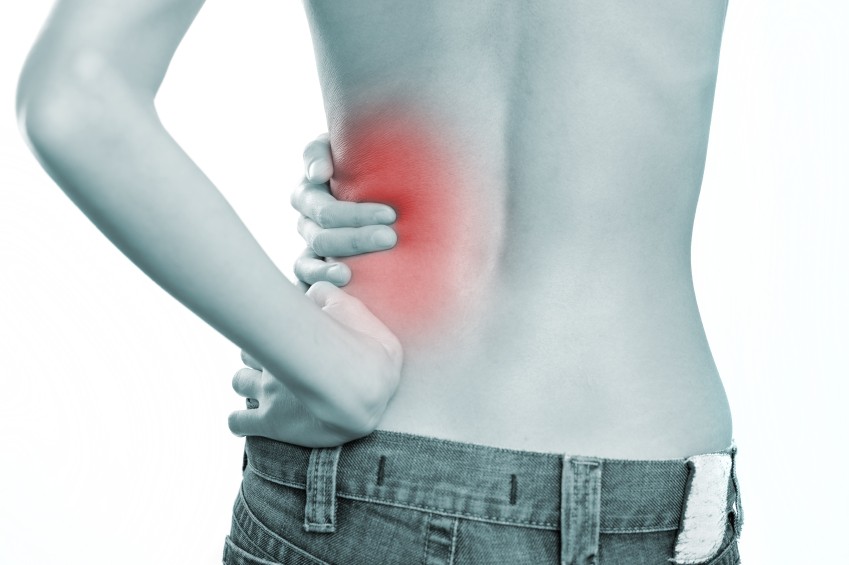It is an alarm for all the diabetics since it has been found that there is a link between diabetes and kidney stones. Lets read through and know about it.
Kidney stone may be a result or a cause for diabetes. Confused? No, but we don’t mean to confuse you. It has been seen that 10 percent of the type 1 diabetic population and 30-40 percent of type 2 population are affected with kidney stones. On the other hand many patients who have undergone shockwave treatment to get their kidney stone removed have been reported to contract diabetes.
Thus there is a link between the two.
In shock wave treatments it has been suggested that it might have lead to damaging effects on the pancreatic tissues, which has resulted in malproduction of insulin. This has been the cause of diabetes.
On the other hand it is seen that in diabetes there is an increased chances of damaging of tissues. This also doesn’t barr the kidney tissues. As a result of which kidney starts to malfunction.
It results in the accumulation of the minerals and salts within the kidney and leads to stone formation.
What is the way out then?
There are mainly two ways of thinking. Firstly get rid of your stone and secondly control your diabetes. As a measure to the first one, there are many therapies available about which you can consult your doctor. To name a few are shock wave lithotripsy, ureteroscopy, percutaneous nephrolithotomy, open surgery etc.
And thereafter in order to stay away from diabetes or control diabetes, maintain a regular lifestyle which includes a regular exercise and a balanced diet.
But the best treatment to prevent kidney stone is to drink water profusely.
What are the signs of kidney stone?
The earliest sign of diabetic kidney disease is an increased excretion of albumin in the urine. This is present long before the usual tests done in your doctor’s office show evidence of kidney disease, so it is important for you to have this test on a yearly basis. Weight gain and ankle swelling may occur. You will use the bathroom more at night. Your blood pressure may get too high. As a person with diabetes, you should have your blood, urine and blood pressure checked at least once a year. This will lead to better control of your disease and early treatment of high blood pressure and kidney disease.
Maintaining control of your diabetes can lower your risk of developing severe kidney disease.
What are the consequences of kidney stone?
As your kidneys fail, your blood urea nitrogen (BUN) levels will rise as well as the level of creatinine in your blood. You may also experience nausea, vomiting, a loss of appetite, weakness, increasing fatigue, itching, muscle cramps (especially in your legs) and anemia (a low blood count). You may find you need less insulin. This is because diseased kidneys cause less breakdown of insulin. If you develop any of these signs, call your doctor.













